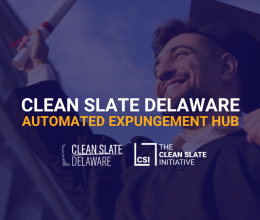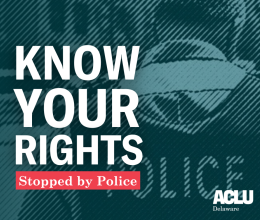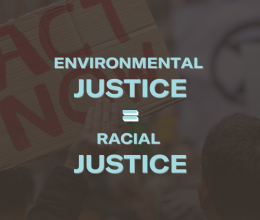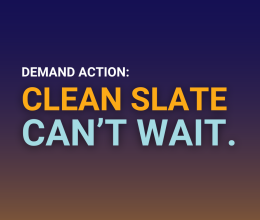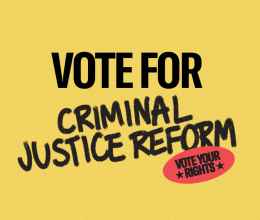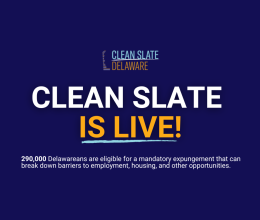DOVER — Last week, the Supreme Court of Delaware unanimously decided that individuals challenging the legality of their criminal convictions can continue pursuing their challenges even if they are released from custody while their cases are pending.
The decision results from an appeal brought by Mr. Darnell Martin after the Delaware Superior Court dismissed his challenge to his conviction simply because he was no longer in state custody. The state’s Supreme Court recognized the serious collateral consequences of convictions, reasoning that it is unfair to dismiss Mr. Martin’s post-conviction challenge when he continues to suffer from the consequences of said conviction even after his incarceration.
In February, the MacArthur Justice Center (MJC), American Civil Liberties Union of Delaware (ACLU-DE), and the Innocence Network filed an amicus brief supporting Mr. Martin and outlining the collateral consequences of convictions, including job loss, ineligibility for education programs, difficulty securing housing, inability to vote, deportation and more.
The brief also pointed out that Delaware courts must be especially open to reassessing the reliability of past convictions since thousands of wrongfully convicted individuals have been exonerated in the last few decades.
“This decision keeps open an important pathway for people to challenge illegal convictions and vindicate the civil, political, and economic rights they are denied as a result of those convictions,” said MJC Attorney Megha Ram.
The Delaware Supreme Court’s decision affirms its earlier ruling in Gural v. State, in which the Court decided that concerns about maintaining the finality of convictions should not condemn Delawareans to suffer from ongoing collateral consequences of potentially wrongful convictions.
“For most people living with a record in Delaware, moving beyond that record comes with endless barriers that can be detrimental to their ability to be a fully contributing member of society — which often leads to a continuum of incarceration and poverty,” said John Reynolds, ACLU-DE Deputy Policy & Advocacy Director. “We welcome the Delaware Supreme Court’s decision as a step towards ensuring that all Delawareans have the constitutional right to claim their innocence and access to education, employment, housing, and more.”
About the MacArthur Justice Center
The Roderick & Solange MacArthur Justice Center (MJC) is a national, nonprofit legal organization dedicated to protecting civil rights and fighting injustice in the criminal legal system through litigation at the trial, appellate, and Supreme Court levels. For more information, visit www.macarthurjustice.org.
About the American Civil Liberties Union of Delaware
The ACLU of Delaware works to preserve and advance civil liberties and civil rights in the State of Delaware as enshrined in the United States and Delaware Constitutions through education and advocacy without consideration of political association. For more information visit www.aclu-de.org.
About The Innocence Network
The Innocence Network is a coalition of organizations dedicated to providing pro bono legal and investigative services to individuals seeking to prove innocence of crimes for which they have been convicted, working to redress the causes of wrongful convictions, and supporting the exonerated after they are freed.

